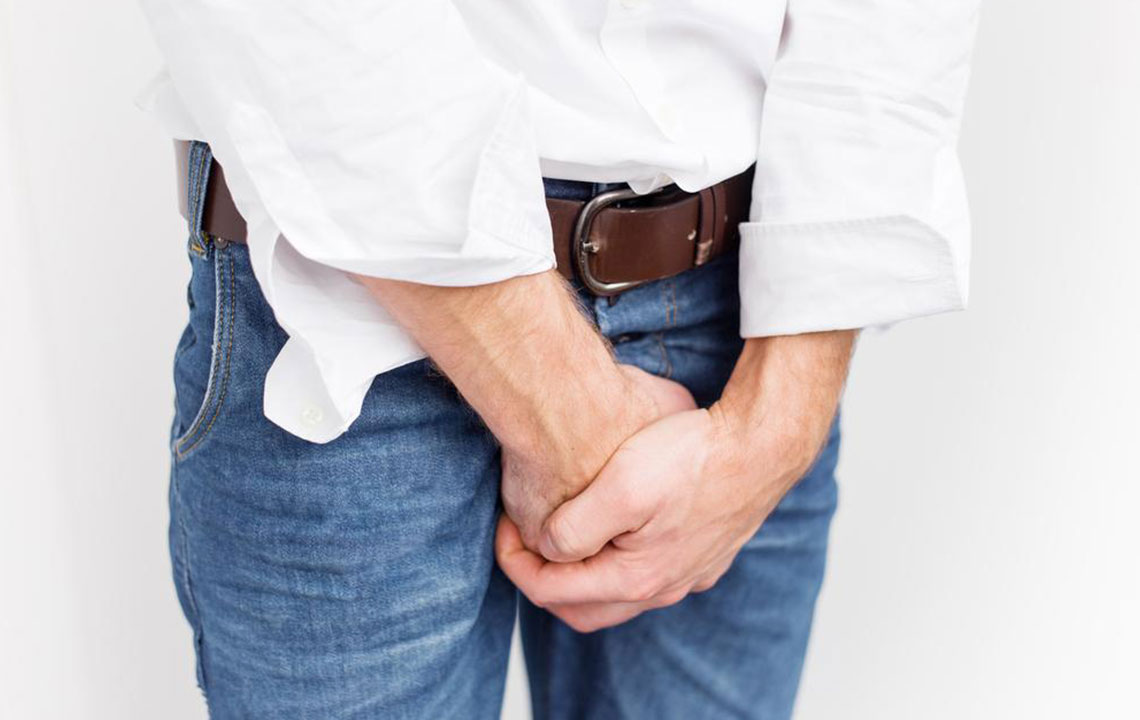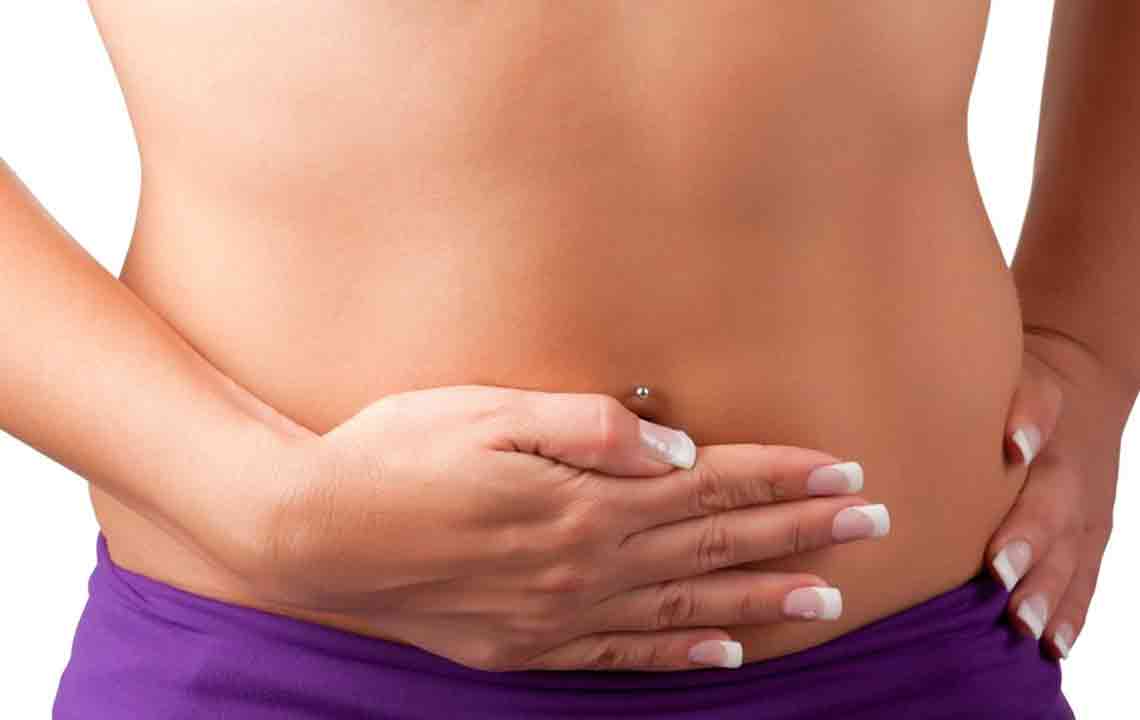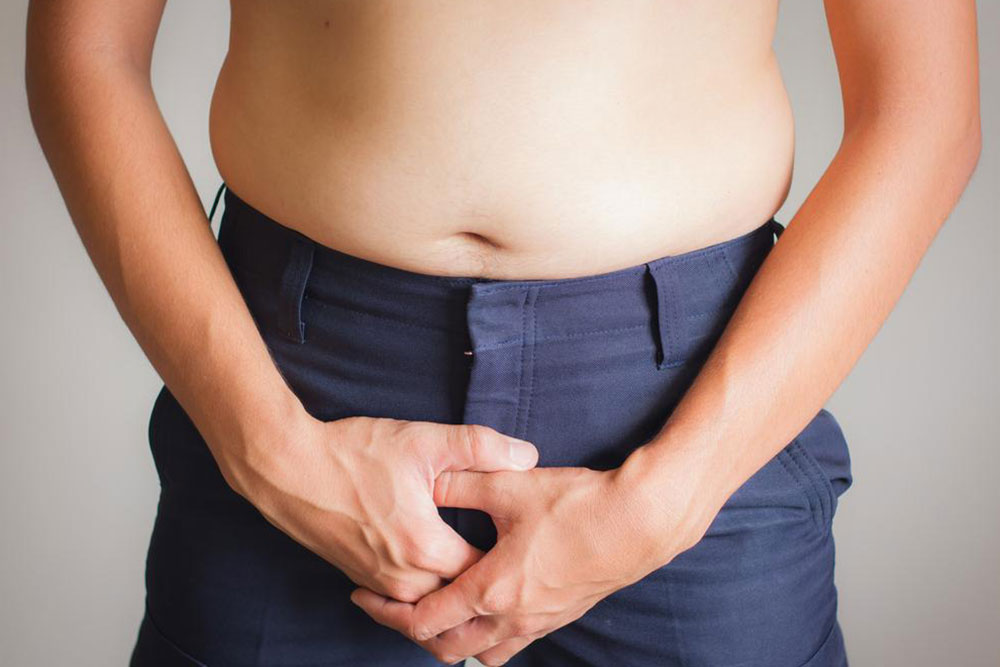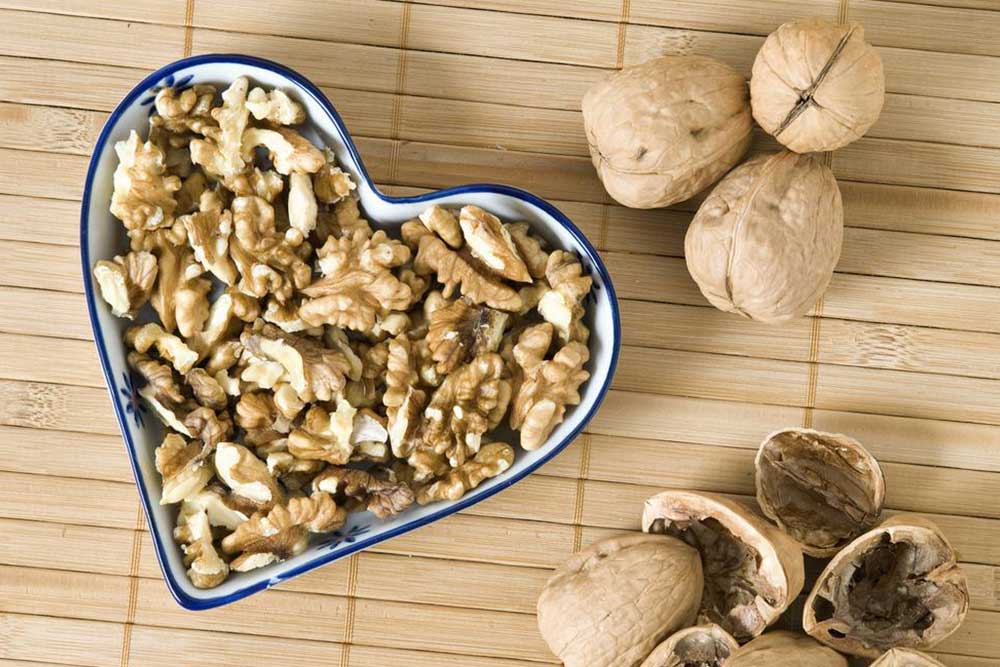Effective Lifestyle Strategies to Manage Urinary Leakage
Discover practical lifestyle changes to effectively manage urinary leakage. This article covers diet tips, weight management, and habits that can improve bladder health and reduce symptoms. Simple adjustments like limiting caffeine, maintaining a healthy weight, quitting smoking, and staying hydrated play a crucial role in effective urinary incontinence treatment and prevention.
Sponsored

Practical Lifestyle Approaches for Urinary Leakage Relief
Managing urinary leakage may involve a combination of medical treatments, surgical options, and changes in daily habits. For many with mild symptoms, simple adjustments in diet and lifestyle can significantly reduce or eliminate the issue. Even in advanced cases, these lifestyle strategies are vital for maintaining bladder health and strength.
Below are some lifestyle modifications that support bladder control:
Diet adjustments: Maintaining a bladder-friendly diet is crucial for treatment success.
Limit or avoid alcohol, caffeine, and citrus fruit juices.
Consume tomatoes, chocolates, and spicy foods sparingly, or avoid them during treatment.
Increase your fiber intake to support digestive health.
Consumption of irritating foods can inflame the bladder and worsen symptoms. Healthy eating habits can reduce risks associated with conditions like diabetes and obesity, which contribute to urinary problems.
Weight control: Overweight individuals face a higher risk of incontinence due to increased pressure on the bladder and a greater likelihood of developing diabetes, which can impair bladder function.
Reducing weight can improve bladder control.
Engaging in regular physical activity suited to your health can strengthen the bladder.
Additional lifestyle tips: Beyond diet and exercise, other habits can aid in managing urinary leakage.
Quitting smoking reduces coughing episodes that worsen stress incontinence and decreases risks for bladder, colon, and rectal cancers.
Proper hydration prevents urinary tract infections that could lead to bladder issues.
Regardless of the severity of urinary incontinence, these lifestyle adjustments can be beneficial in your treatment plan.






